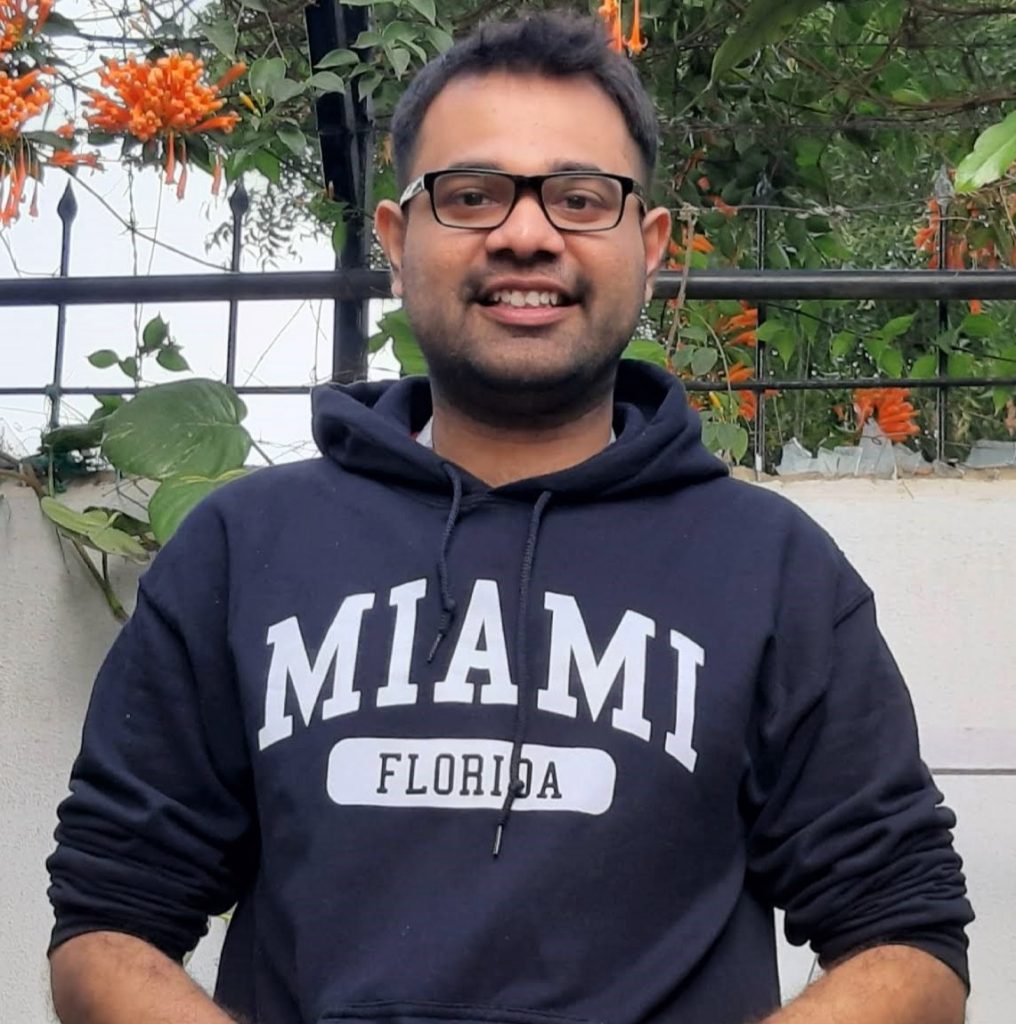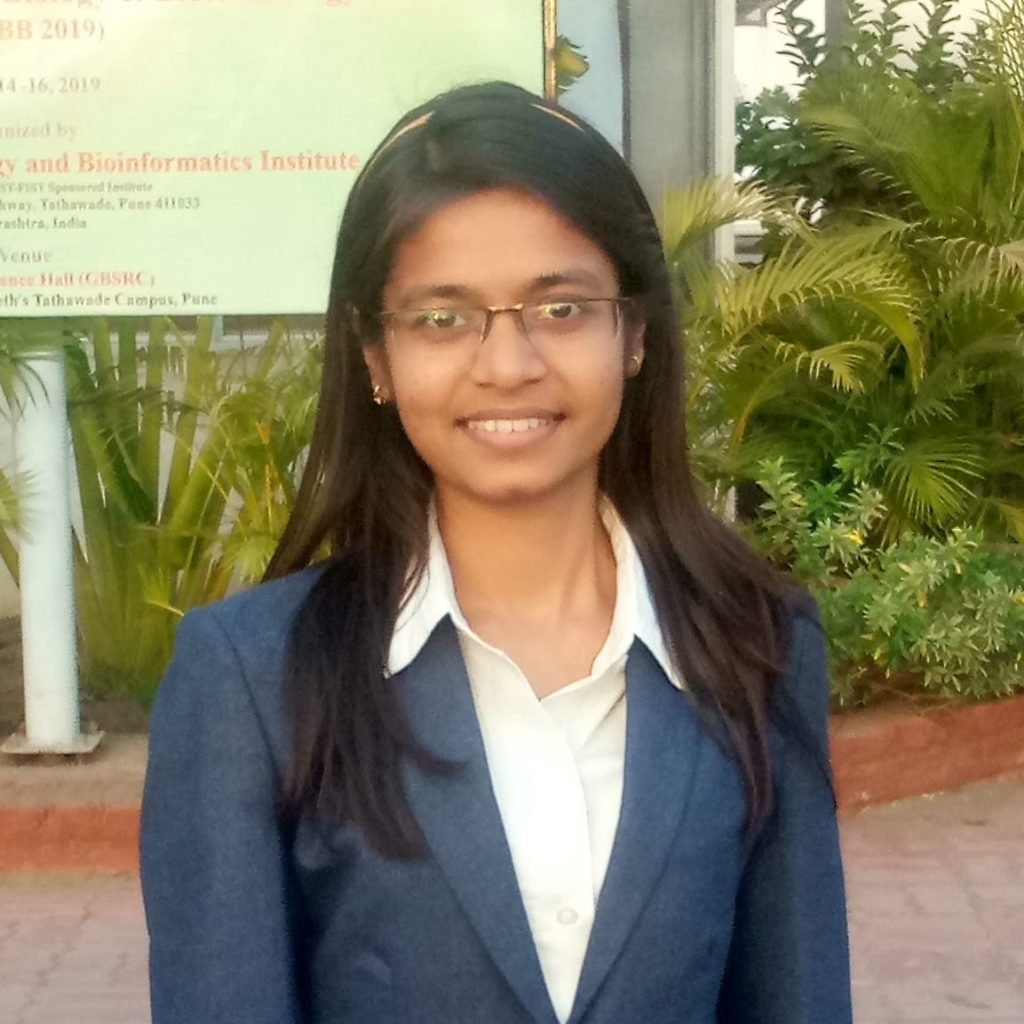What’s your background?
I was born and brought up in India and completed my Bachelor’s in Chemistry, Master’s degree in Biochemistry before applying for research based advanced degree in the USA. Following completion of my PhD at University of Notre Dame, I worked at Mayo Clinic as a research assistant.
Why did you move away from academia?
During most of my post-doctoral fellowship, I was committed to stay within the realm of academic research, however, I found it difficult to visualize career success in academia due to lack of funding opportunities and stagnation in the postdoc position.
I started to network outside academia looking for information on transitioning to industry. The more I networked; I realized that my interest lied not just in research but the process of drug development. I wanted to understand the regulatory and business strategy that drive drug development processes. Thereafter, I studied and completed a regulatory affairs certification course.
Is there anything you miss about academia?
I do miss working and learning about one specific research question in its entirety. At the position I am, I get to see a lot of science, however, I do not find the time or scope to understand every little part of the fundamental research question. I am exposed to a bigger scheme of a company, and it is a high level overview – not a detailed view.
How did you get this job? Did you face any challenges when considering a move away from academia or applying for the role?
My first role was as a project manager. I currently serve as the founder of my company and provide regulatory affairs and project management services to other pharmaceutical and biotech companies.
What motivated you to/why did you choose the sector you transitioned into?
I disliked the vagueness of academic research. In my experience, academic research often failed since it lacked optimal planning, project management, and quality control. And hence I started reading about quality assurance leading me to regulatory affairs and project management. These subjects eventually led me to my first job in the industry.
Did you think you had the skills required for your current position before you started? Were you right?
To some extent, I had skills. However, the field of regulatory affairs is vast and requires many years of work to become an expert. So, I constantly take coursework and keep abreast of health authority guidance.
How did your PhD prepare you for your current job? For example, what were the transferable skills that you developed during your PhD that are most relevant to your current job?
PhD trains one to be curious- minded, think and work independently. This helps with the continuous learning that is needed for growth. As a result, one becomes an expert in working through problems analytically.
Have you built a network before your transition to industry? How it helped you in the process?
Yes, I spent a lot of time networking. I found that I learned a lot because of networking. But after a certain point, there is no workaround for learning and reading.
Do you have Mentors who helped you in making the right career decisions?
Not necessarily. I have a lot of people, including friends, family, and acquaintances, who have pointed me in the right direction, however, I do not have a mentor.
Did you have any preconceptions about your sector that proved to be wrong?
Every day, something I assumed turns out to be wrong, but that only gives me the opportunity to learn new things each day.
Can you describe a typical week in your job?
The project I work on can contain a multitude of tasks depending on the stage of regulatory submission and product lifecycle. This may include making timelines, soliciting stakeholder feedback, coordinating seamless transitions, editing and reviewing regulatory documents, prioritizing health authority feedback and communication, allocation of resources, strategy decision-making, and risk management.
For my own company, my work includes talking to potential clients, interviewing potential subcontractors, budgeting, client engagement, etc.
What is the workplace culture like? Please include comments on work-life balance, flexibility, remote working?
I work remotely on a contract project, and this gives me the flexibility to focus on my company’s growth as well.
Do people with a PhD frequently get hired in the company/sector?
Yes, they do. Regulatory affairs, depending on the specialization, can draw people from Pharmacy, Law, Business and PhD.
What are your favorite parts of your job?
Being exposed to global regulatory strategy and how it drives business decisions and drug development in the pharma world.
What are your reflections on your career path?
Trust your gut feeling.
Do you have any advice for current graduate students and postdocs considering a career outside of academia?
Even though a PhD trains us to know a lot about one specific thing, always take a few steps back to visualize the bigger picture and the bigger question – do not get too lost in the weeds of research.
What do you know now that you wish you’d known when exploring a transition?
I constantly felt how little we know about industry when we leave academia. I wish they incorporated some of the development portion of the “R&D” into our graduate/ PhD coursework.
Visa and Immigration: As a Phd student, I studied in the USA on a F1 (student) visa, followed by returning to India to take care of personal matters. I returned to the US for a post-doctoral fellowship on a J1 exchange visitor visa. After completing post-doc fellowship, I transitioned to a spouse dependent H4 visa. Since my spouse and I always intended to migrate to Canada a while back, we did not apply for the US Green Card process. We finally migrated to Canada after the pandemic in March 2022.
Can you recommend any relevant resources, organizations or events that might help somebody new to the sector find out more about it?
- The Cheeky Scientist Association is a good starting place.
- Regulatory Affairs Professional Society for Regulatory Affairs
- American Society for Quality for Quality Assurance and GMP manufacturing.



